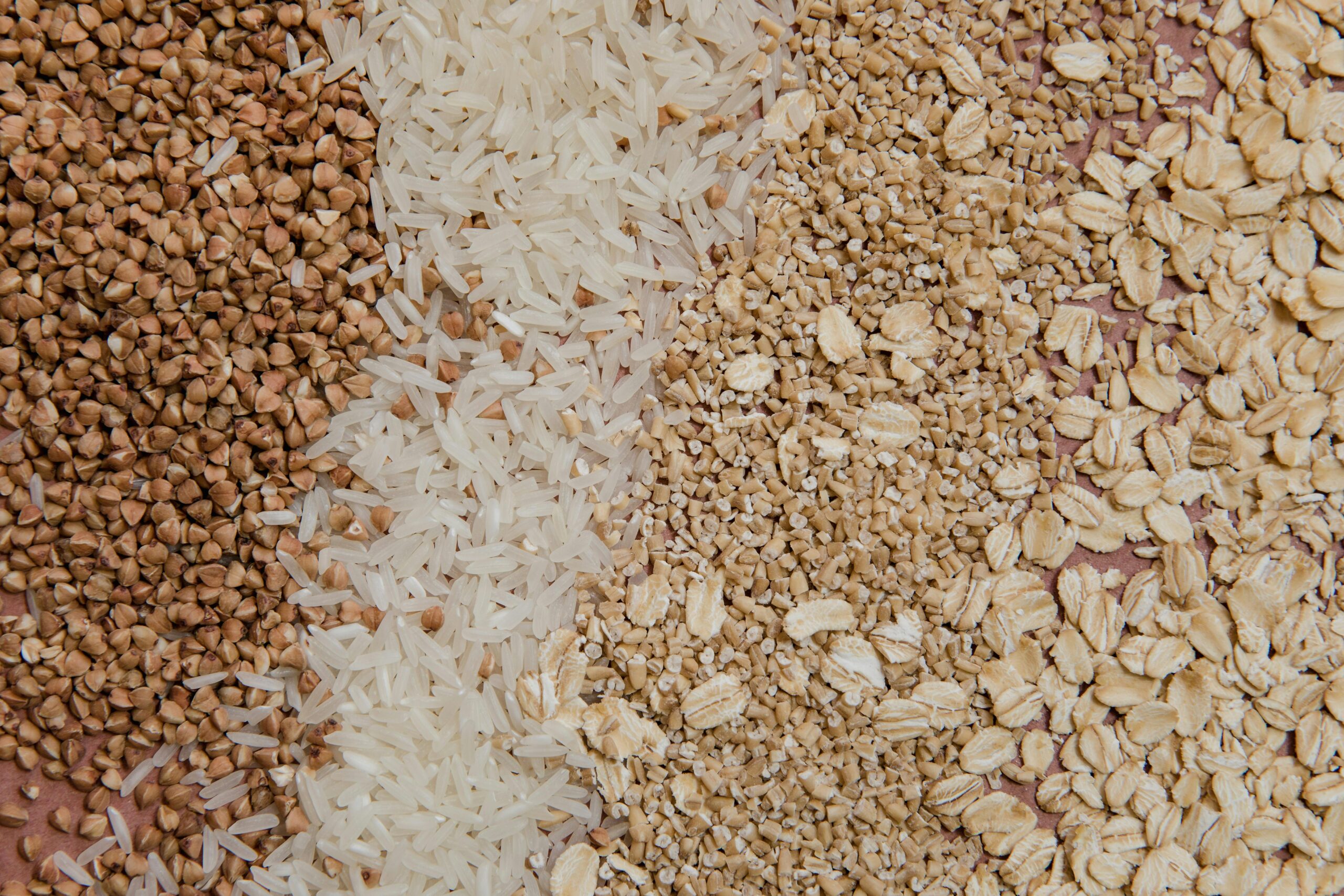Carbohydrates are a fundamental part of our diet, providing the energy we need to function throughout the day. For individuals with ADHD, understanding the role of carbohydrates and how to manage their intake can have a significant impact on focus, energy levels, and overall well-being. Let’s explore why carbohydrates matter, how they affect the brain, and how you can optimize your carbohydrate intake to support ADHD management.
Why Carbohydrates Matter for ADHD
- Energy Supply: Carbohydrates are the body’s primary source of energy. They break down into glucose, which fuels brain and muscle function.
- Brain Function: The brain relies on a steady supply of glucose to maintain cognitive functions such as attention, memory, and concentration.
- Mood Regulation: Stable blood sugar levels, supported by the right kinds of carbohydrates, help maintain mood stability and reduce irritability.
The Role of Carbohydrates in the Brain
- Glucose Utilization: The brain uses glucose as its main energy source. Consuming the right amount of carbohydrates ensures the brain has a consistent supply of energy to function optimally.
- Neurotransmitter Support: Carbohydrates help in the production of serotonin, a neurotransmitter that influences mood, sleep, and appetite. Proper serotonin levels are crucial for managing ADHD symptoms.
- Energy Balance: Carbohydrates help maintain energy balance, preventing the energy dips that can lead to increased ADHD symptoms such as inattentiveness and hyperactivity.
Types of Carbohydrates: The Good and the Bad
- Complex Carbohydrates: These are digested slowly, providing a steady release of glucose into the bloodstream. They help maintain stable blood sugar levels and provide sustained energy.
- Examples: Whole grains (brown rice, quinoa, oats), vegetables, fruits, legumes
- Simple Carbohydrates: These are digested quickly, causing rapid spikes and drops in blood sugar levels. This can lead to energy crashes and exacerbate ADHD symptoms.
- Examples: Sugary snacks, sodas, white bread, pastries, candy
Practical Tips for Optimizing Carbohydrate Intake
- Choose Whole Grains: Opt for whole grains over refined grains. Whole grains provide more fibre and nutrients, supporting stable blood sugar levels and prolonged energy.
- Limit Refined Carbohydrates: Minimize intake of refined carbohydrates like white bread, pastries, and sugary snacks, which can lead to rapid blood sugar spikes and crashes.
- Balance Your Meals: Pair carbohydrates with protein, healthy fats, and fibre to slow digestion and maintain stable blood sugar levels.
- Timing Matters: Eat complex carbohydrates during lunch and dinner rather than breakfast to avoid early-day energy crashes.
Examples of Healthy Carbohydrate Foods:
- Whole Grains: Brown rice, quinoa, oats, whole-wheat bread, barley
- Vegetables: Broccoli, spinach, carrots, sweet potatoes
- Fruits: Apples, berries, oranges, pears
- Legumes: Lentils, chickpeas, black beans, kidney beans
Examples of Simple Carbohydrates to Avoid:
- Sugary Snacks: Candy, cookies, cakes
- Sweetened Beverages: Soda, energy drinks, sweetened teas
- Refined Grains: White bread, white rice, pasta made from refined flour
Eating for Stable Energy
- Balance Your Meals: Ensure each meal contains a mix of complex carbohydrates, protein, and healthy fats. This helps slow the release of glucose into the bloodstream, preventing energy crashes.
- Include Fibre: Foods high in fibre, such as vegetables and whole grains, slow down the absorption of sugar, promoting stable energy levels.
- Healthy Snacks: Choose snacks that combine protein, fat, and fibre. Examples include an apple with peanut butter, hummus with veggie sticks, or a handful of nuts and seeds.
- Post-Meal Activity: Consider a light walk after meals to help regulate blood sugar levels and improve digestion.
Carbohydrates are an essential part of the diet, providing the energy needed for brain function and overall well-being. For individuals with ADHD, focusing on complex carbohydrates, balancing meals, and timing carbohydrate intake can help maintain stable blood sugar levels and support better focus and mood. By making mindful choices about the types and timing of carbohydrates you consume, you can better manage ADHD symptoms and enhance your daily energy and concentration. Happy eating!







